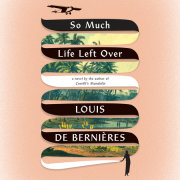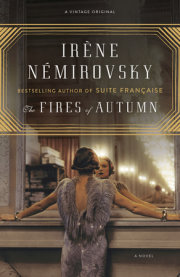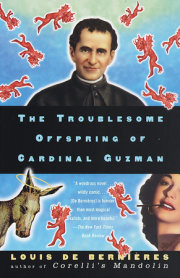1
Gun Snap The crackle of gunshots bounced between the mountainsides, the percussion fading with each return of echo. Daniel Pitt and Hugh Bassett sat side by side on a small level patch, playing gun snap. They had on the table before them two decks of cards, a box of ammunition and two Mark VI service revolvers. Fifteen yards away was a gibbet with two rows of six tin cans suspended from it on pieces of string.
The idea was to be the first person to put a bullet through every can. Sometimes, for a change, they went down to the valley, threw bottles out into a lake, and sank them with rifles. These were fine ways for two old fighter pilots to pass the last hour of the day as the mist rose up and supper was cooked in the bungalows.
Daniel Pitt and Hugh Bassett suffered from the accidie of not being at war. Even in a land as beautiful and surprising as Ceylon, they missed the extremes of experience that had made them feel intensely alive during the Great War, in spite of its penumbra of death. Neither of them missed the killing, and if they went out after duck or small game, they never returned with more than their families could eat. They had both, many times, seen the way in which the light suddenly goes out of a man’s eyes as he passes out of the world, and it was just the same with an animal. There was no longer any triumph in the kill, the guilt was as intense as it had ever been, but still they yearned for the passionate oblivion of the hunt.
There is a kind of man who, having been at war, finds peacetime intolerable, because he cannot develop the civilian’s talent for becoming obsessed with irrelevant details and procedures. He hates the delays and haverings, the tedious diplomacy, the terrible lack of energy and discipline, and, above all, he hates the feeling that what he is doing is not important.
If you have struggled for the freedom of France, or have fought to keep Zeppelins out of the skies over London, what else can seem important thereafter?
Daniel and Hugh were fortunate to be involved in the manufacture of tea, because everything in that industry depends upon good timing and good teamwork, and strictly understood hierarchies of responsibility. Daniel loved the huge and beautiful machinery in the factory, and could not resist rolling up his sleeves and helping the Singhalese engineers when it broke down. Machinery was so much easier to deal with than people. There was always a precise set of reasons why a machine may not be working, and there were always completely logical solutions. People were slippery and elusive, changeable and moody. You thought you understood them and then found out that you did not. You thought they loved you, and then they suddenly turned spiteful or indifferent.
Daniel enjoyed the sheer reasonableness of the machinery, but he also enjoyed the brotherhood of mechanics, and he reflected quite often that he had more in common, and more enjoyment, with the engineers than he did with those British people who congregated at the club. He had picked up some Singhalese, in addition to the Tamil of the tea workers, and was finding that the more languages you know, the better you understand your own. He realised that languages divide the world up differently from each other. He was half French, and had often wondered why it was that his French personality was different from his British one. In French he was more emphatic and rhetorical. Somebody had told him once that in Russian there was no word for blue. There was bound to be a word for pushrod, or tappet, though.
It was very fortunate for him that he had the company of Hugh Bassett, who had spent his war flying Sopwith triplanes and Camels over France, in the Royal Naval Air Service. The RNAS had been operating out of airfields alongside the Royal Flying Corps, and they had an inexhaustible amount to talk about, to mull over, to repeat. Both had binged beyond the borders of sanity, knew the same jokes and ribald songs, had overflown the same strip of desolation month after month; fought the same battle to keep flying sickness disorder at bay, to remain optimistic, to perform over and over again the impossible trick of trampling their own fear underfoot every time they sprinted to the cockpit. Daniel wondered if he had ever been truly courageous at all, but had rather been seduced by the wondrous beauty and excitement of flying, consoled by the airman’s simple fatalism. If today’s the day, then today’s the day. Goodbye, world, it was good to know you. All I ask is to die a clean death, one that’s not by burning.
But now he and Hugh, and the rest of those who had survived, had so much life left over that it was sometimes hard to cope with. Some became drunks; others fell quiet and imprisoned themselves inside themselves; some foresaw a brave new world and strode out towards it; others returned to what they had been before, and turned the war into the memory of an outrageous dream from which they had at last awoken. Most were as proud of what they had done as they were amazed to be yet alive.
Copyright © 2018 by Louis de Bernieres. All rights reserved. No part of this excerpt may be reproduced or reprinted without permission in writing from the publisher.







































































































